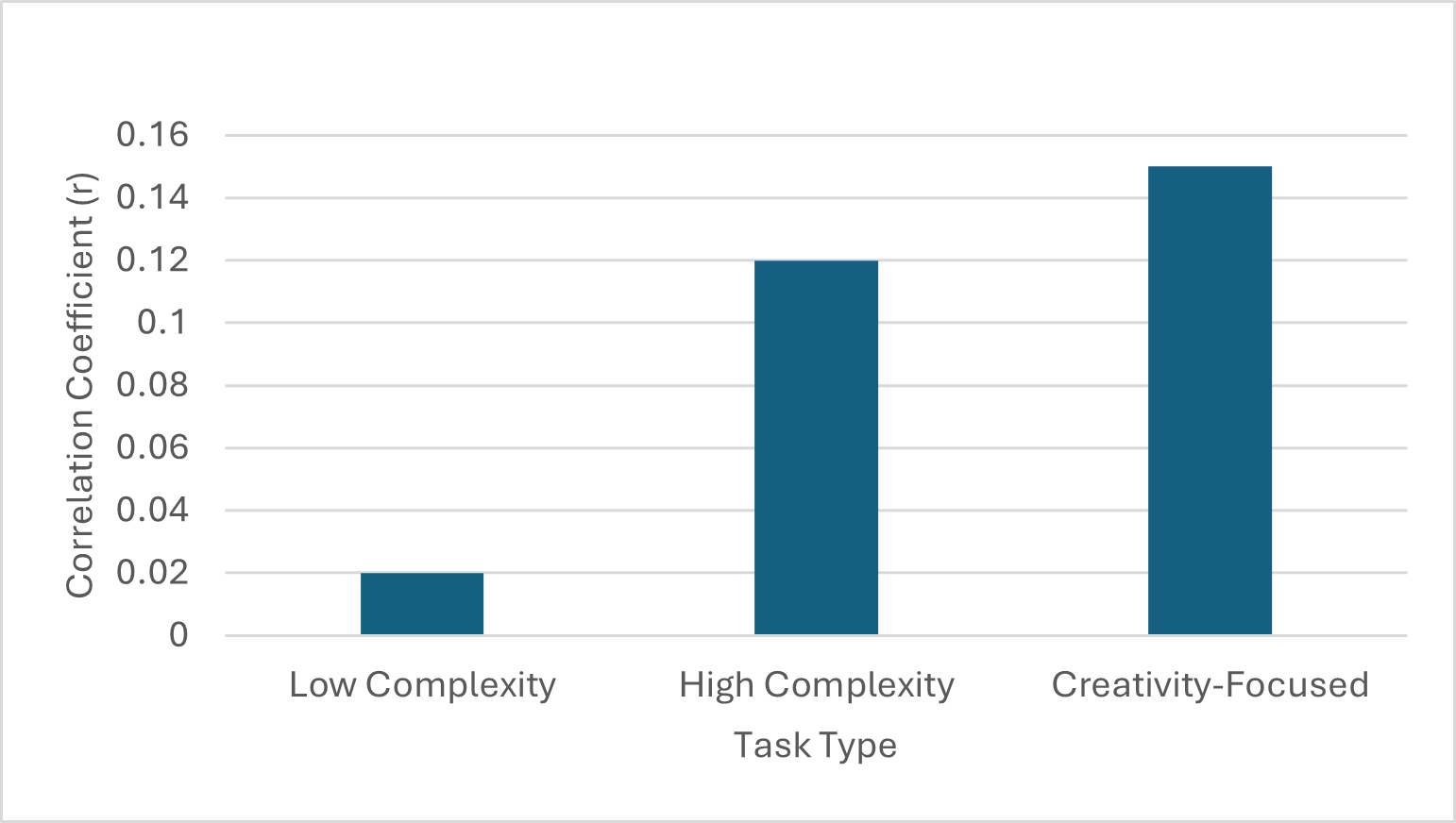The Value of Personality Diversity at Work
When we talk about diversity at work, the focus is often cultural or demographic diversity. But what about personality?
It is important to understand the difference between personality and behaviour. Psychologists define personality as the underlying psychological system that shapes how we think, feel, and act. Personality encompasses our motives, emotions, intelligence and self-awareness [1]. Behaviour, on the other hand, refers to how we respond to specific situations. While behaviour can change depending on context, personality reflects deeper, more consistent patterns that influence our actions over time [2].
The Limits of Testing: Is Personality Really Fixed?
Personality tests are often used as an assessment of our personality traits. These tests help us to learn more about ourselves, our compatibility with others and our potential for future development.
Popular tests include: [3]
Myers-Biggs Type Indicator (MBTI), also known as 16 Personalities Test, which measures attitudes, functions, and lifestyle. It is used to understand how you perceive the world and your natural strengths
HEXACO Personality Inventory measures traits like honesty, emotionality, and conscientiousness. It explores six major personality dimensions: honesty-humility (H), emotionality (E), extraversion (X), agreeableness (A), conscientiousness (C), and openness to experience (O)
DISC Personality Tests, profiles dominance, influence, steadiness, and conscientiousness. It is used to understand your personality type and the impact of it
Personality assessments are widely used in recruitment, with approximately 80% of Fortune 500 companies relying on them to evaluate senior candidates [4]. However, emerging research challenges the assumption that personality is fixed. Psychologist René Mõttus from the University of Edinburgh published a study which highlights that personality can fluctuate day-to-day, influenced by factors such as mindset, health, life circumstances, and age [5]. These findings raise important questions about the fairness and accuracy of using personality tests as a definitive measure in hiring decisions.
Self-Awareness: The Hidden Gap
Personality tests can still play a valuable role in leadership development, helping individuals build greater self-awareness and adapt more effectively to diverse teams and environments.
Research by organisational psychologist Dr. Tasha Eurich reveals that while 95% of leaders think they possess self-awareness, only 10–15% actually do [6]. This disconnect has real implications. When leaders develop a clearer understanding of themselves and the factors influencing their behaviour, they become more confident, more creative, and better equipped to make sound decisions. Self-aware leaders are also more likely to adapt their communication style to meet the needs of diverse teams, build stronger relationships, and unlock the full benefits of inclusion and collaboration.
Why Personality Diversity Matters
Research consistently shows that diverse teams outperform their non-diverse counterparts across a wide range of scenarios. While focus is often placed on cultural and demographic targets, personality plays a crucial role in team diversity.
A 2024 meta-analysis published in the Journal of Business and Psychology examined over 600 studies and thousands of data points to explore how team diversity affects performance [7]. The findings show that personality diversity has a stronger positive impact in tasks that are complex or creativity-driven, compared to routine or low-complexity tasks.
Table 1. Correlation Between Team Diversity and Performance by Task Type
According to John Hackston, Head of Thought Leadership at The Myers-Briggs Company, uniform teams may only make better decisions in rare circumstances, typically when the environment is stable, predictable and free from ambiguity. In contrast, diverse teams thrive in complex, dynamic settings, bringing varied perspectives that lead to more innovative and effective problem-solving [8].
Rethinking Leadership: Who’s Missing from the Conversation?
Individuals who have personality traits that are not typically associated with leadership, is increasingly recognised as a key driver of organisational success. Different personalities resonate with different team members; a mix of leadership styles, whether visionary, empathetic, analytical or pragmatic, ensures more inclusive communication, greater psychological safety and higher morale and motivation.
Take a moment to consider the leadership landscape within your organisation. What range of personalities are shaping decisions and culture? Are there voices or perspectives that might be missing or underrepresented?
Have You Considered the Personality Mix in Your Workplace?
Personality diversity in the workplace is not just about inclusion, but also impact. When both leaders and their employees understand themselves and embrace a range of styles and perspectives, they make better decisions, build stronger teams and create more adaptive, human-centred organisations.
References
[1] https://www.bps.org.uk/psychologist/power-personality
[2] https://dictionary.cambridge.org/dictionary/english/behaviour
[6] https://nihrecord.nih.gov/2019/06/28/eurich-explores-why-self-awareness-matters
[7] https://link.springer.com/article/10.1007/s10869-024-09977-0
[8] https://www.forbes.com/sites/juliekratz/2024/05/15/personality-counts-as-diversity/
Words by Tania Herrera-Lasso Regas
Edited by Anna Pringle


